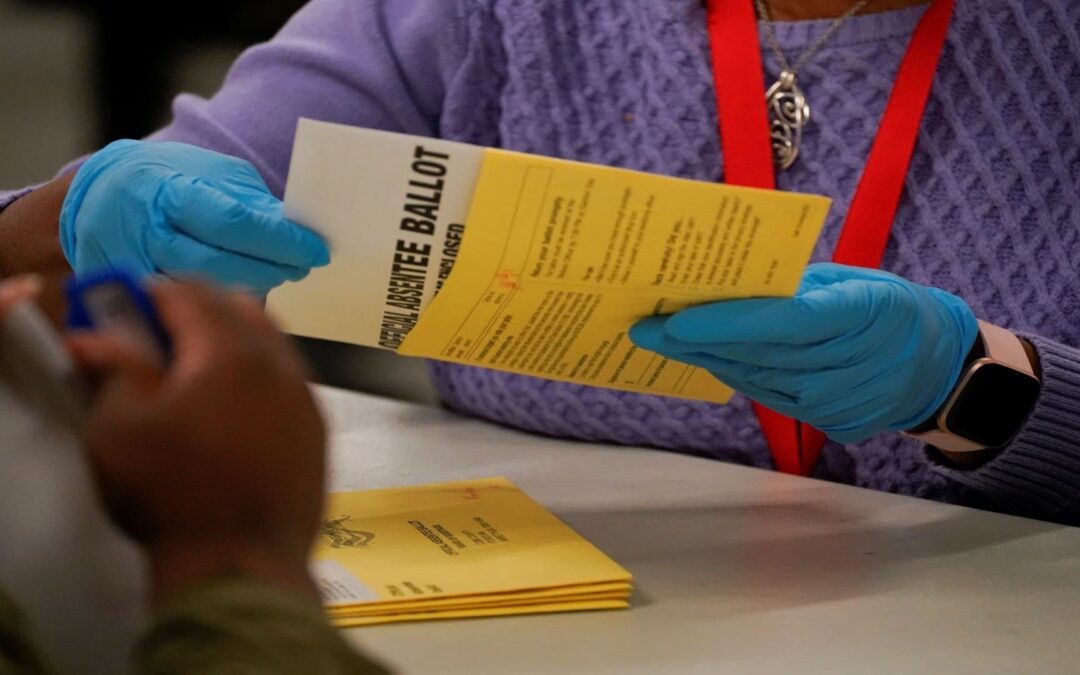Election workers process ballots after polls closed for the U.S. midterm elections at the tabulation center at Cobb County Elections and Registration Center in Marietta, Georgia, U.S., November 8, 2022.
Cheney Orr | Reuters
WASHINGTON — Physical and cyber threats against election workers are driving people away from the industry, potentially endangering the ability of states to conduct off-year elections like those on Tuesday, and the upcoming 2024 presidential election.
“It’s not hard to understand why election workers are leaving their posts and resigning, their families have faced horrific threats,” Sen. Amy Klobuchar, D-Minn., chair of the Senate Rules and Administration Committee, said at a recent hearing on election worker safety.
“We don’t feel safe in our work because of the harassment and threats that are based on lies,” Arizona Secretary of State Adrian Fontes testified at the Nov. 1 hearing. “It almost defies common sense that we have people who want to get into these jobs, but for the fact that these are the jobs that preserve our democracy,” he added.
Some election experts and secretaries of state said the threats have trended upward since former President Donald Trump and his allies allegedly attempted to undermine, then overthrow, the results of the 2020 presidential election.
Established by the Justice Department in 2021, the Election Threats Task Force has charged over a dozen people nationwide for violent and graphic intimidation of poll workers, the Associated Press reported.
Witnesses urged senators to invest in protections for election workers ahead of the 2024 presidential election.
Over the next 10 years, the transition to paper-based voting systems and physical security enhancements like bullet-proof glass could cost as much as $600 million, said Elizabeth Howard, deputy director at the Brennan Center for Justice, at the hearing.
In recent years, election officials have endured death threats, online harassment and other abusive behavior, according to the Brennan Center.
Some 11% of current election officials said they are “very or somewhat likely to leave” their posts before the 2024 general election, according to a survey from the Center.
Women, who make up nearly 80% of election administrators, according to the Voting Rights Lab, are at a greater risk.
Gender identities “are often a factor and a subject of their harassment and the threats.” Sen. Laphonza Butler, D-Calif., said during her inaugural committee hearing.
Howard urged the senators to expand prohibitions against “doxxing,” or publishing someone’s private information online, so that federal prohibition includes election workers.
“This would make it a criminal penalty to expose the personal identifying information of an election worker such as their address, date of birth, etc., for the intent of enabling others to harass them,” she said.
Doxxing enabled someone to monitor an official in Anchorage, Alaska who was responsible for certifying 2020 election results by mounting a camera near his front door, Howard said.
Fontes told senators it was time, “to get back to the notion of winners winning and losers trying harder next time, instead of having to worry about political violence in our civil space.”








